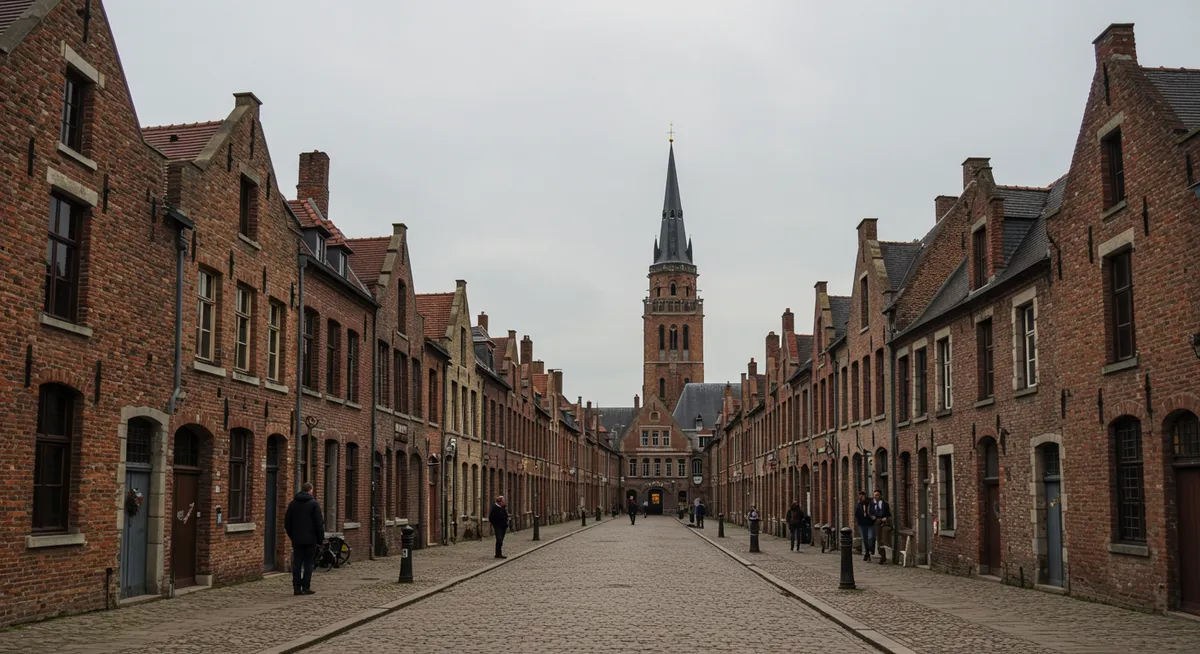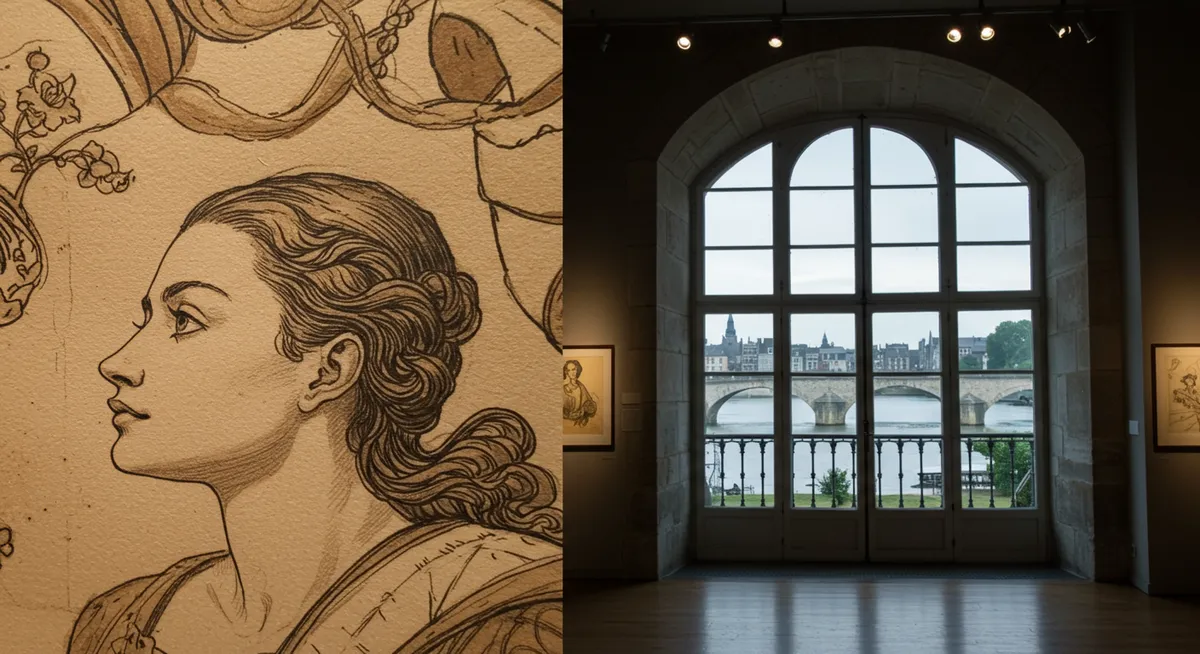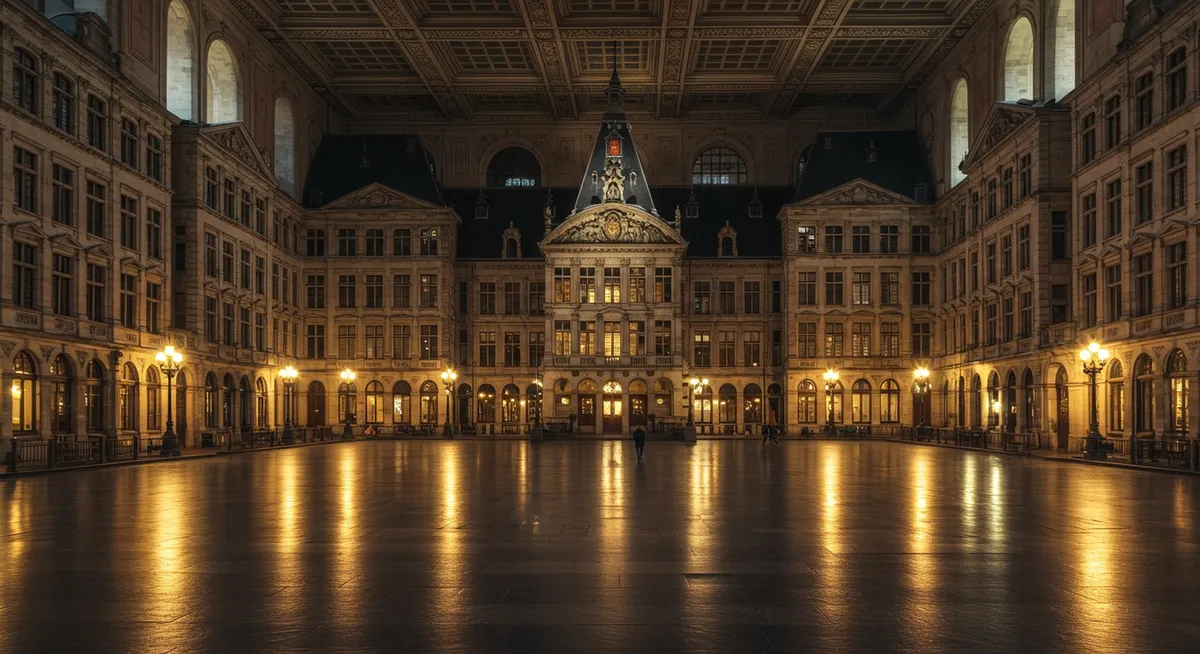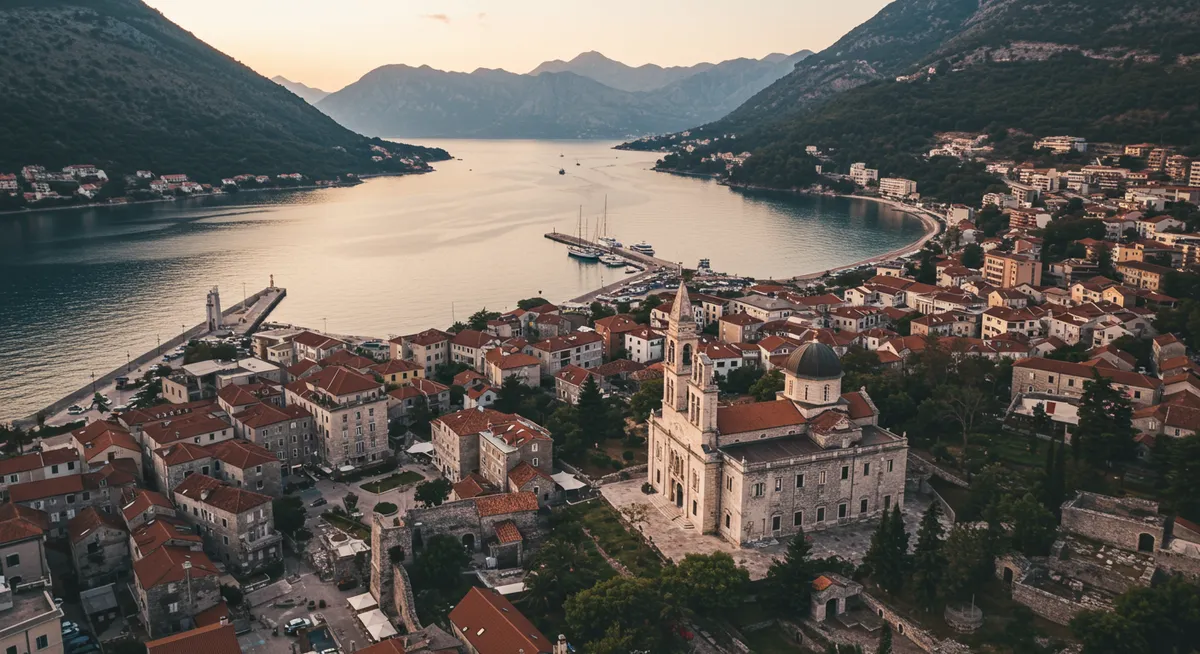
Best WWI Museums in Ypres
Want to plan a trip based on this article? Chat with our AI travel assistant!
Chat with AI AssistantCategory: best-world-war-one-museums-ypres
About the Author
Travel Expert & Content Creator
Our travel experts have visited hundreds of destinations worldwide and are passionate about sharing authentic, practical travel advice. With years of experience in travel planning and content creation, we help travelers make informed decisions and create unforgettable journeys.
Editorial Standards: All articles are reviewed for accuracy and quality before publication. Learn more about our editorial process.
Written by Editor | Last updated: 9/20/2025
Uncovering the Past: The Best World War One Museums in Ypres
As a long-time travel content creator specializing in historical destinations, I've had the profound privilege of visiting Ypres, Belgium, multiple times. This poignant city stands as a living memorial to the immense sacrifices of World War One. For anyone seeking to understand the Western Front's brutal reality, immersing yourself in the best World War One museums Ypres provides is essential. These institutions offer more than just artifacts; they deliver powerful narratives and deeply personal insights into a pivotal period of global history. This guide highlights the key museums that truly capture the spirit and sorrow of the Great War.
In Flanders Fields Museum: A Central Experience
This iconic museum, housed in the historic Cloth Hall, is undeniably one of the best World War One museums in Ypres. Its immersive and interactive exhibits compellingly tell the story of the Great War in the Ypres Salient, focusing on the profound human experience rather than just military strategy. Visitors receive a poppy bracelet, which allows them to follow the stories of individuals throughout the conflict. The multi-sensory displays, including powerful soundscapes and personal testimonies, truly bring history to life. From my experience, allocating at least two hours here is crucial to fully absorb the impact of the war on soldiers and civilians, perfectly complementing a one-day Ypres WWI itinerary.
Hooge Crater Museum: Trench Warfare Up Close
Just a short drive or bike ride east of Ypres, the Hooge Crater Museum offers a unique, more intimate perspective on the trenches of the Western Front. Located near Hooge Crater Cemetery and the historic crater itself, this private museum provides a powerful insight into the daily lives and struggles of soldiers. You'll find an impressive collection of authentic uniforms, weapons, and personal effects recovered directly from the battlefields. What struck me most during my visit was the tangible sense of history within its walls, truly bringing the battlefield environment into focus. It's one of the best World War One museums Ypres has for those keen on understanding the specifics of trench warfare and the equipment used, enhancing visits to sites like Tyne Cot Cemetery.
Memorial Museum Passchendaele 1917: Unraveling the Third Battle
Situated in Zonnebeke, a short distance from Ypres, the Memorial Museum Passchendaele 1917 is dedicated to the infamous Third Battle of Ypres. This exceptional institution delves deep into the causes, progression, and aftermath of this devastating campaign. It features a fascinating indoor museum section with artifacts, historical documents, and compelling personal stories. Crucially, it also boasts an outdoor section with reconstructed German and British trenches and dugouts, allowing visitors to walk through and experience a realistic trench system. This dual approach makes it one of the best World War One museums Ypres has for grasping the scale and complexity of the battles. My tip: wear sturdy shoes for the outdoor trenches when exploring things to do in Ypres.
Beyond the Museums: Experiencing Ypres' WWI Legacy
While the best World War One museums in Ypres provide invaluable context, truly understanding the Great War requires experiencing the surrounding landscape. After exploring the museum exhibits, make time to visit the iconic Menin Gate, where the poignant Last Post Ceremony takes place nightly. This solemn tribute to the missing offers a powerful moment of reflection. Additionally, touring the numerous Commonwealth and German cemeteries brings the human cost of the conflict into sharp focus. My advice is to consider a guided tour to maximize your understanding of the battlefield's nuances and hidden stories. The physical landscape, scarred by conflict, truly enhances the museum narratives, especially when attending the Last Post Ceremony.
Frequently Asked Questions
How much time should I allocate for visiting the main World War One museums in Ypres?
Are the World War One museums in Ypres accessible for visitors with mobility issues?
Can I purchase a combined ticket for multiple World War One museums in Ypres?
Exploring the best World War One museums in Ypres provides an unparalleled opportunity to connect with the history and human stories of the Great War. From the poignant In Flanders Fields Museum to the immersive trenches at Passchendaele, each site offers unique insights into the conflict that shaped the 20th century. This guide aims to help you plan a truly meaningful visit to this historic region, ensuring you gain a comprehensive understanding of the sacrifices made. Embrace the chance to learn, reflect, and honor the legacy of those who experienced the Great War on the Western Front.
Content Quality Assurance
This article has been thoroughly researched and fact-checked by our editorial team. We maintain high standards for accuracy and originality in all our content.
Related Articles

What to See at Felicien Rops Museum Namur
Discover what to see at Felicien Rops Museum Namur. Explore the provocative Symbolist art of Félicien Rops, his key collections, and practical tips for your visit to this unique Belgian museum in 2024.

Best Museums to Visit in Antwerp, Belgium
Best museums to visit in Antwerp, Belgium: Discover the top cultural institutions, historical sites, and art galleries for an unforgettable experience.

Historical Sites & Museums to Visit in Tivat
Discover historical sites and museums to visit in Tivat, Montenegro. Explore ancient heritage, naval history, and cultural gems for an enriching journey.